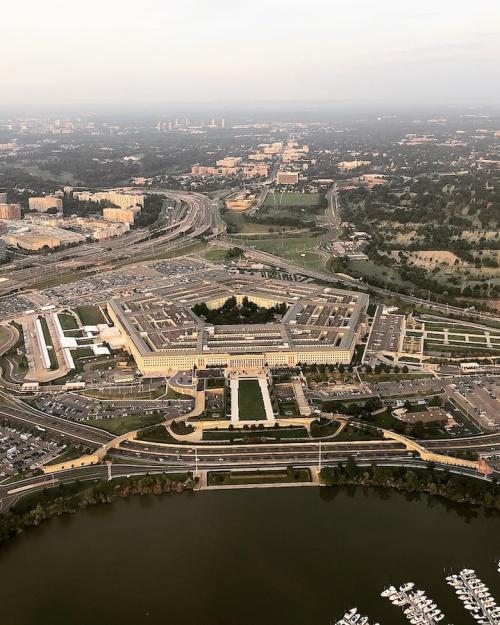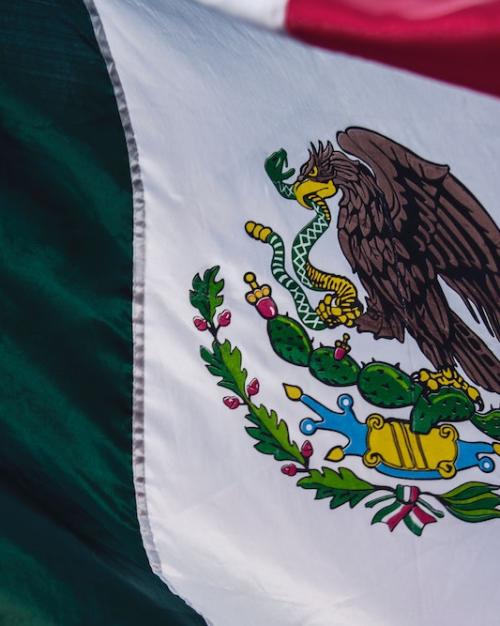Protesters are taking to the streets across Mexico, claiming that electoral law changes — enacted by President Andrés Manuel López Obrador — pose a threat to democracy and could mark a return to the past.
Gustavo Flores-Macias is a professor of government at Cornell University and an expert in Latin American politics. He says the United States has relatively few diplomatic options to push back on the Mexican government’s changes.
Flores-Macías says: “The changes would be a sizeable reduction in the National Electoral Institute’s (INE) career staff, including a reduction in the salaries of INE's leadership, which the government has justified as a cost-saving measure.
“These reforms are in line with López Obrador's previous efforts to check the authority of autonomous agencies that help to regulate different aspects of public life and guard against government abuse.
“In the case of INE's reform, it has touched a sensitive nerve among important sectors of society because of the role that INE played in generating a level playing field in Mexico's elections following decades of authoritarian rule.
“Although important protests have taken place across the country, public opinion polls suggest that the proposed reforms enjoy support among a majority of the population. Because of the reform's popularity, any U.S. efforts to influence the process or push back against the reform are likely to backfire.”
For interviews contact Adam Allington; cell (231) 620-7180; adam.allington@cornell.edu.





